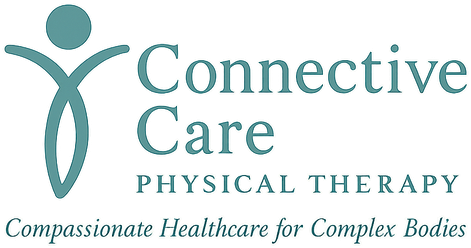Can Physical Therapy Be Trauma-Informed? (Yes — And It Should Be)
You might not expect to hear the word “trauma” in a physical therapy office. But for many people, past experiences — medical or otherwise — affect how safe they feel in their bodies and in healthcare spaces.
Trauma-informed care isn’t about diagnosing trauma. It’s about recognizing that trauma histories are common — and creating an environment that supports safety, choice, and control.
Signs you might benefit from trauma-informed PT:
You’ve felt dismissed or pressured in past medical visits
You freeze, dissociate, or panic during bodywork or stretching
You need more control over touch, intensity, or explanations
You live with PTSD, chronic pain, or anxiety
You’ve avoided care because it hasn’t felt safe
At Connective Care Physical Therapy, trauma-informed means:
Consent is ongoing and respected at every step
You’re encouraged to pause, opt out, or say “no” at any time
I ask, not assume — especially with hands-on work
Sessions move at your pace, not mine
We center your autonomy, always
This isn’t about being “extra sensitive.” It’s about recognizing that the nervous system holds experiences, and healing doesn’t happen in fight-or-flight.
Your care should never retraumatize you. It should restore your sense of safety.
[Give us a call at (631) 448-3764 or email at diana@connectivecarept.com]

